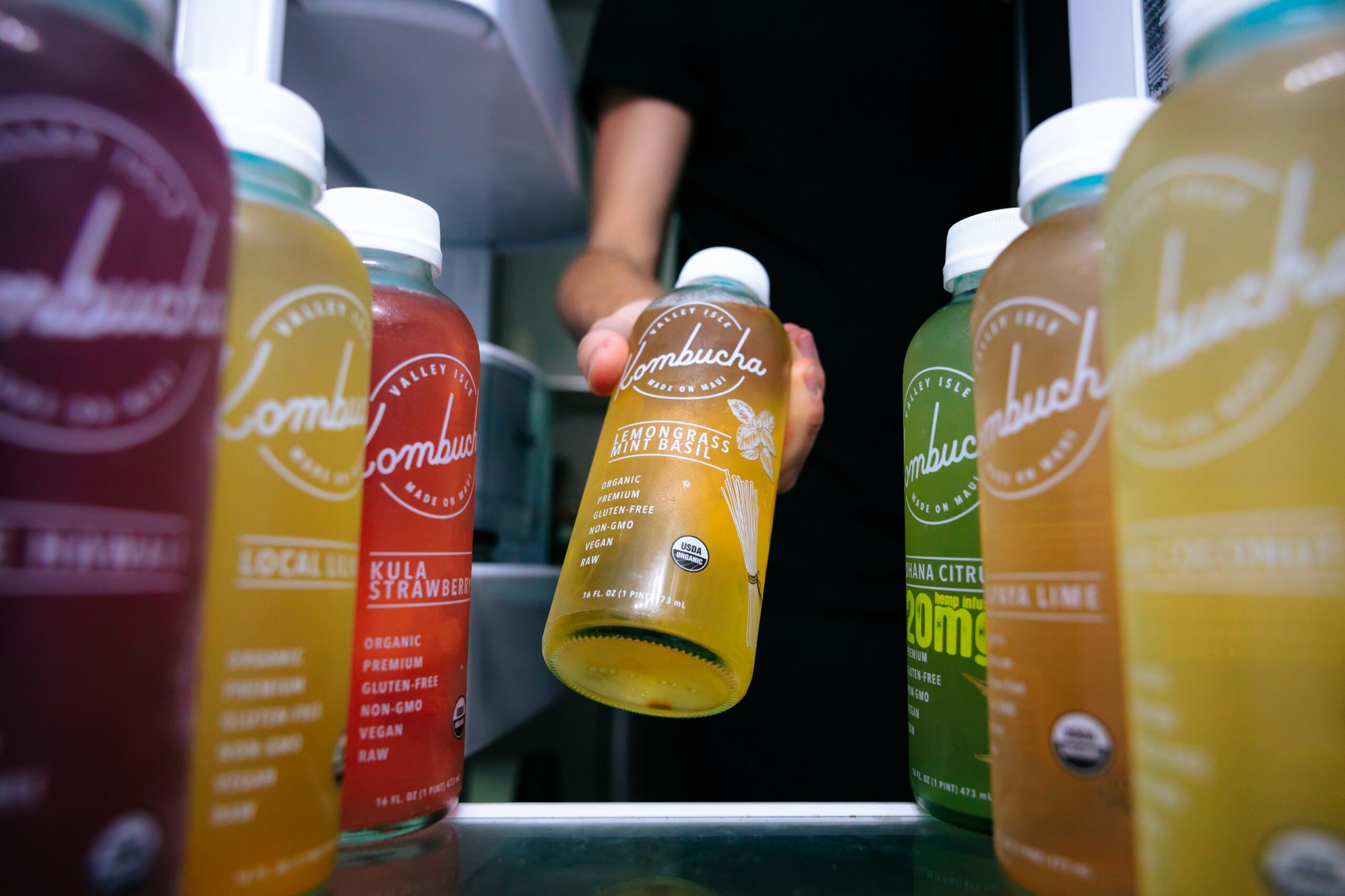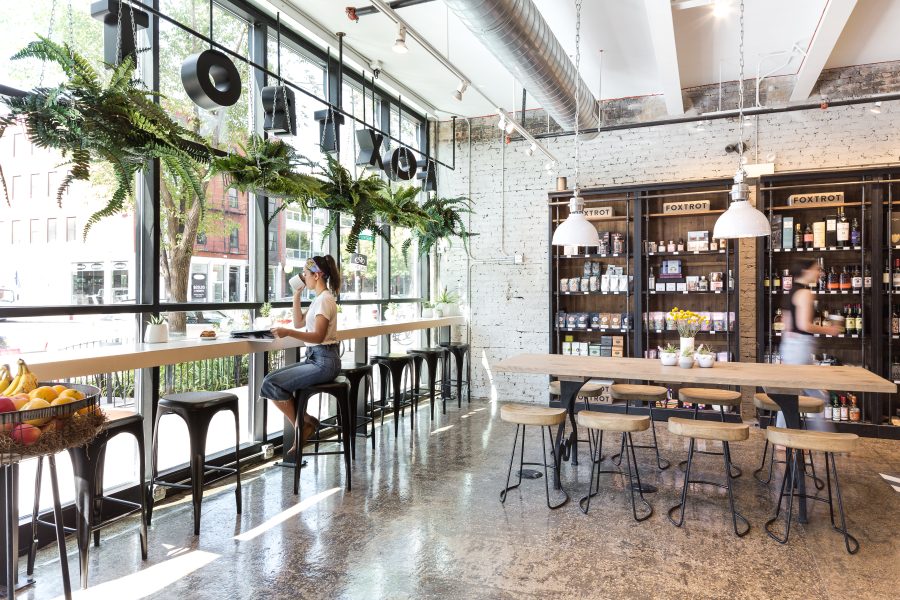Lab grown meat, ghost kitchens and alcohol-free beverages are expected to be trends in 2020, according to Baum + Whiteman’s 2020 Food & Beverage Report.
Lab grown meats, made from animal cells, are coming to the market as soon as the next 12 months, and even more so in the next three years. More than three-dozen companies around the world are racing to produce beef, chicken pork and shrimp that they hope will not mimic the real thing, but actually be the real thing.
Startups, such as Finless Foods Inc., are pursuing the technology, working to lower per pound costs from tens of thousands of dollars to a range that interested consumers would consider. Berkeley, CA-based Finless Foods produces Bluefin tuna by taking cells from tuna and cultivating them in a lab, reported The Wall Street Journal.
Singapore-based Shiok completed a $4.6 million seed round, funding its shrimp made from “clean meat,” reported Forbes. The company expects to scale production in 2-3 years, enabling it to deliver products globally for public consumption. It plans to use the proceeds of its seed round to invest more in research and development, as well as adding on bioprocess engineers.
Finless, Shiok and other cultured-meat producers, such as Memphis Meats and Aleph Farms, face several barriers. It’s not clear whether customers will eat—or pay for—the products. Producing cultured meat is considerably more expensive than conventional meat. It costs Finless slightly less than $4,000 to make a pound of tuna.
Baum + Whiteman also predicts the increasingly popular ghost kitchens to continue to grow in 2020—even to the point of competition with traditional restaurants.
Restaurants such as Chick-fil-A, Starbucks, Red Lobster and Panera have ghost kitchens, while smaller operators take space with others their size in large communal kitchens. However, as ghost kitchens merge with delivery outlets, start their own restaurant chains and merge with online reservation companies, the entire restaurant industry could be turned inside out, according to the firm.
Instead of renting out space to restaurants, owners of ghost kitchens and delivery companies could become their tenants’ biggest competitors.
Driving this new industry is Uber Eats. Since 2017, the company helped start 4,000 virtual restaurants that are exclusive to its Uber Eats app. The company analyzes neighborhood sales data to identify unmet demand for particular cuisines. It then approaches restaurants using the app and encourages them to create a virtual restaurant to meet that demand, according to Janelle Sallenave who leads Uber Eats in North America.
Meanwhile, alcohol-free cocktails will appear at more restaurants and bars in 2020 as low-proof and zero-proof cocktails are on the rise, particularly in Millennials. Millennials and younger generations are cutting back on alcohol in an effort to adopt a healthier lifestyle, resulting in a decline in alcohol and consumption of alcohol is on the decline. This is leading beverage companies to look into popular additives such as CBD.
As new products continue to emerge, the global functional beverages—including CBD-infused—market size is expected to reach $208.1 billion by 2024, according to KPMG.
A recent report from Technomic also predicts that makers of wine and spirits will work to create low or no alcohol products to keep up, while craft beer makers will push down ABVs to lower numbers.









